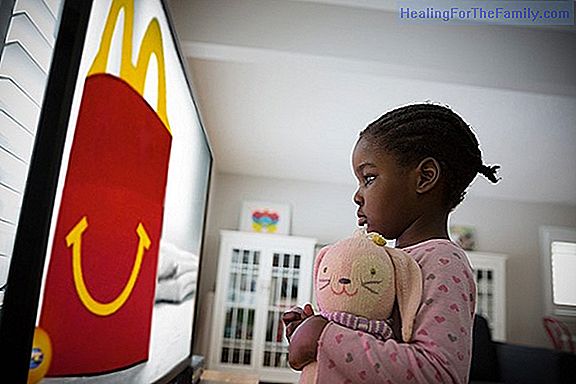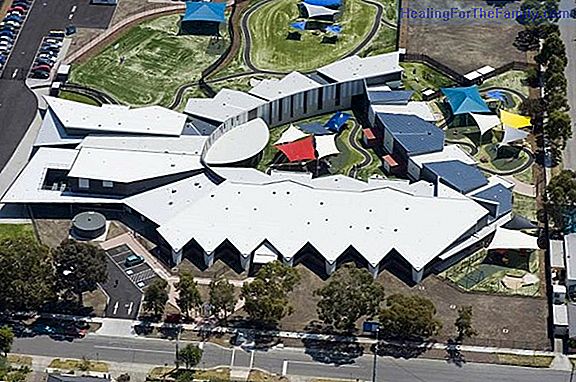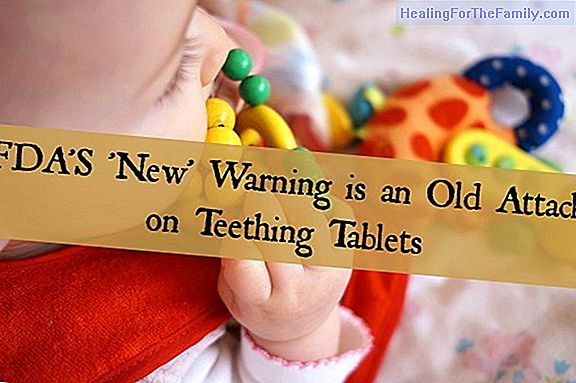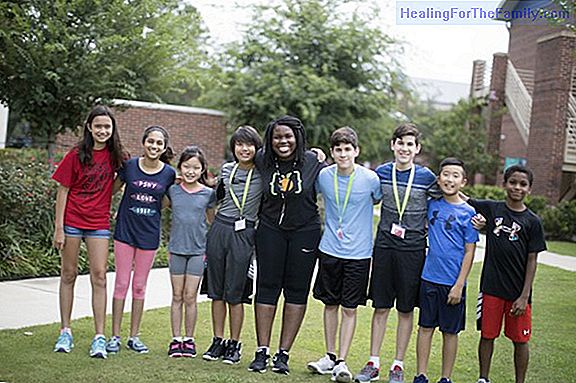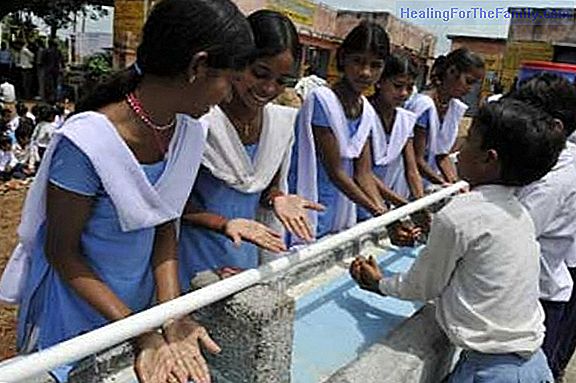Decalogue of the safety of children on the Internet
The debate is on the street. Should we prohibit children from using new technologies or educate them on their responsible use? Although many pedagogues, psychologists and parents do not agree on the most appropriate age to introduce elements such as the smartphone, tablet or computer in the life of
The debate is on the street. Should we prohibit children from using new technologies or educate them on their responsible use? Although many pedagogues, psychologists and parents do not agree on the most appropriate age to introduce elements such as the smartphone, tablet or computer in the life of a child, almost all agree on the idea that prohibiting is not the answer, but to teach the children, educate them and give them a pattern of online testing.
The main thing is for children to know the dangers of the Internet and how they should behave while surfing.
10 tips for the safety of children on the Internet

The Alia2 Foundation has developed a decalogue to promote Internet safety. It is a series of tips to help children navigate responsibly. And, it is the task of parents to monitor the way in which their children participate through different digital platforms with these simple tips:
1 - We must bear in mind that what is not right in real life, neither is it on the Internet.
2 - Before sharing information, think twice about what kind of information will be disseminated and you will never pass on data to strangers through the network. In case someone asks for personal information, it is convenient to leave the conversation with that person.
3 - Talking to a stranger on the Internet usually does not make you a friend. You should not stay with someone we have met through the network if you do not go accompanied by an adult.
4 - Internet acquaintances should receive the same treatment as any other acquaintance in real life, not allowing them things or attitudes that would not be accepted outside the network.
5 - You have to put common sense in everything that is done on the Internet. Anything, comment or attitude of someone who makes us feel uncomfortable must provoke a reaction in us: ignore that person, block their contact and not hold more conversations.
6 - Avoid using the real name as nickname or one that draws attention wrongly to the person.
7 - It is very important to notify parents or a trusted adult if harassing behavior is detected on the Internet.
8 - Chat conversations can be stored and should be done to report if a case of cyberbullying is detected.
9 - Parents should know the sites the child visits or the tools he or she uses. Close your eyes to new technologies and let the child navigate at will is a mistake.10 -
Education and knowledge is the best Internet filter that parents can give their children. Source
: Alia2 Foundation

